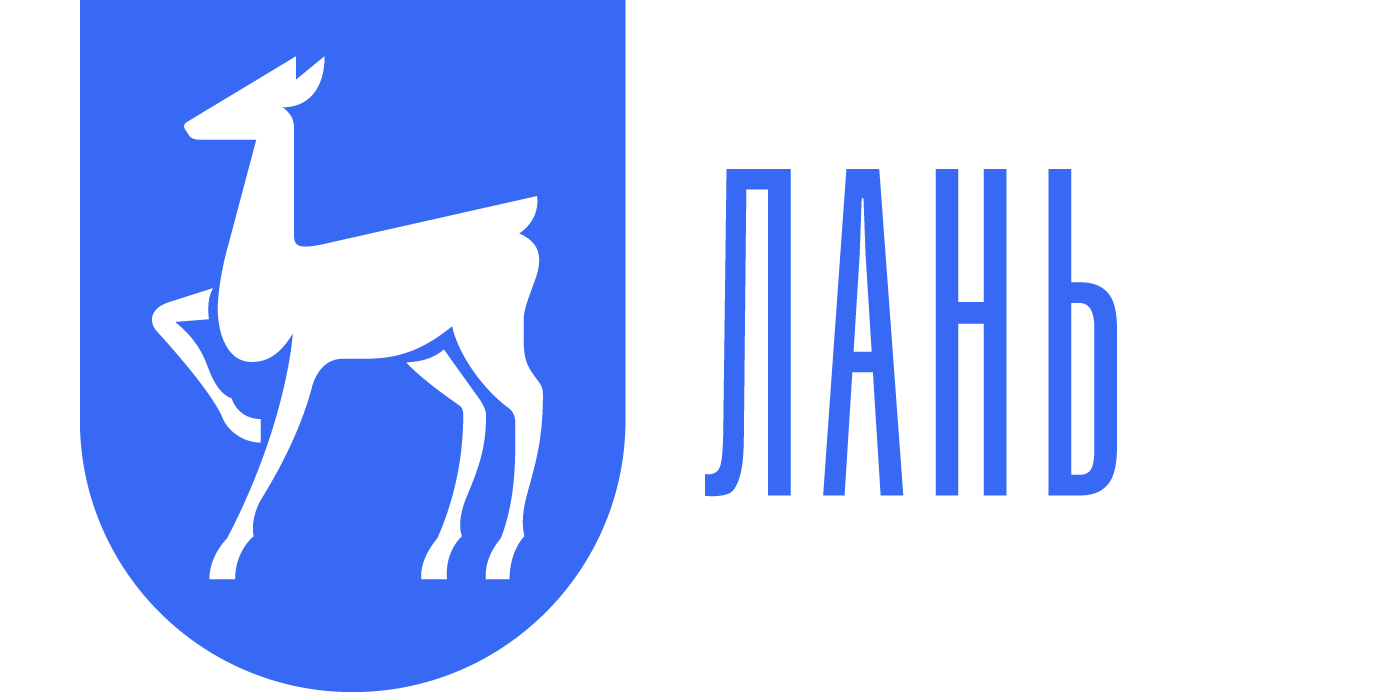Особенности государственного регулирования занятости в отрасли туризма в Украине
Abstract
В статье рассмотрены основные тенденции функционирования международного туристического рынка, имеющие существенное влияние на формирование требований к специалистам в сфере туризма в Украине; представлена оценка сферы высшего образования с учетом задач, возникающих в связи с возникновением инновационных видов и технологий туристической деятельности; определены этапы стратегического планирования обеспечения потребностей рынка профессионалами в сфере туризма на уровне государственного регулирования; проанализированы основные макроэкономические статистические показатели отрасли туризма в Украине; проведено сравнение ключевых характеристик трудового законодательства некоторых стран Европы и СНГ; определены наиболее распространенные тенденции в сфере трудовых отношений, общие для европейских стран. Ключевые слова: государственное регулирование занятости в туризме; образование в сфере туризма; тенденции функционирования туристической отрасли; туристический рынок Украины. The article considers the main tendencies of functioning of the international tourism market, which have a significant influence on the formation of requirements for specialists in the field of tourism in Ukraine; presents the evaluation of the higher education area taking into account the challenges to the national educational systems concerning the emergence of innovative tourism technologies and techniques; suggests the stages of strategic planning for the provision of market needs by tourism professionals at the level of public regulation; analyses the main macroeconomic statistical indicators of the tourism industry in Ukraine; provides a comparison of the key characteristics of the labour legislation of some countries in Europe and the CIS; identifies the most common tendencies in the sphere of labour relations common for European countries. Key words: public regulation of employment in tourism; education in the field of tourism; tourism industry trends; tourism market in Ukraine.References
Друк, В.Ю. Сравнительный анализ национальных требований к подготовке кадров в сфере туризма и гостеприимства в Республике Беларусь и Республике Польша в контексте реализации совместных образовательных программ / В. Ю. Друк, О. А. Хмель // Туризм и гостеприимство. – 2016. – № 1. – С. 37–43
Белохвостова, Н.В. Механизмы государственного регулирования занятости населения / Н. В. Белохвостова // Сервис в России и за рубежом. – 2016. – Т. 10. – № 6 (67). – С. 90–100
Морошкина, М.В. Туристические и экономические потоки в развитии территории / М. В. Морошкина, С. В. Степанова // Туризм и гостеприимство. – 2016. – № 2. – С. 29–37
Полухина, А.Н. Стратегия государственного регулирования развития предпринимательства в сфере туризма / А. Н. Полухина // Российское предпринимательство. – 2014. – № 17 (263). – С. 134–146
Державна служба статистики України: официальный сайт [Электронный ресурс]. – Режим доступа : http://www.ukrstat.gov.ua/
Doing Business 2017: Equal Opportunity for All [Электронный ресурс]. – Режим доступа : http://www.doingbusiness.org/reports/global–reports/doing–business–2017
The World Travel and Tourism Council: официальный сайт Всемирного совета по туризму и путешествиям [Электронный ресурс]. – Режим доступа : http://www.wttc.org
Атлас новых профессий: официальный сайт проекта [Электронный ресурс]. – Режим доступа: http://atlas100.ru/
Petrova, M. Integration of the Information Processes. Automation and Unification of the Judicial System / M. Petrova // Економіка розвитку. – 2017. – № 2. – С. 50–59
Trunina, I. Development of entrepreneurship entity competitive strategy using competence–based approach / I. Trunina // Actual Problems of Economics. – 2015. – 11 (173). – P. 206–213
Бабич, Д. В. Інструменти державного регулювання зайнятості [Инструменты государственного регулирования занятости] / Д. В. Бабич, С. М. Бабич // Социальная экономика. – 2016. – № 1. – С. 94–103
Druk V.Y., Khmel O.A. Sravnitelnyy analiz natsionalnykh trebovaniy k podgotovke kadrov v sfere turizma i gostepriimstva v Respublike Belarus i Respublike Polsha v kontekste realizatsii sovmestnykh obrazovatelnykh programm [Comparative analysis of national requirements for training in tourism and hospitality in the Republic of Belarus and the Republic of Poland in the context of implementing joint educational programs]. Turizm i gostepriimstvo [Tourism and Hospitality], 2016, no. 1, pp. 37–43 (In Russian)
Belokhvostova N.V. Mekhanizmy gosudarstvennogo regulirovaniya zanyatosti naseleniya [Mechanisms of public regulation of the population employment]. Servis v Rossii i za rubezhom, 2016, Vol. 10, no. 6 (67), pp. 90–100 (In Russian)
Moroshkina M.V., Stepanova S.V. Turisticheskie i ekonomicheskie potoki v razvitii territorii [Tourism and economic flows in the territory development]. Turizm i gostepriimstvo [Tourism and Hospitality], 2016, no 2, pp. 29–37 (In Russian)
Polukhina A.N. Strategiya gosudarstvennogo regulirovaniya razvitiya predprinimatelstva v sfere turizma [The strategy of public regulation of the entrepreneurship development in the field of tourism] Rossiyskoe predprinimatelstvo, 2014, no. 17 (263), pp. 134–146 (In Russian)
Derzhavna sluzhba statystyky Ukrai'ny [Official site of the State Statistics Service of Ukraine], аvailable at: http://www.ukrstat.gov.ua/ (In Ukrainian)
Doing Business 2017: Equal Opportunity for All, аvailable at: http://www.doingbusiness.org/reports/global–reports/doing–business–2017
The World Travel and Tourism Council, аvailable at: http://www.wttc.org
Atlas of Emerging Jobs. [Перевод заглавия], аvailable at: http://atlas100.ru/ (in Russian)
Petrova M. Integration of the Information Processes. Automation and Unification of the Judicial System. Ekonomika rozvytku, 2017, no. 2, pp. 50–59
Trunina I. Development of entrepreneurship entity competitive strategy using competence–based approach. Actual Problems of Economics, 2015, no. 11 (173), pp. 206–213
Babych D.V., Babych S.M. Instrumenty derzhavnoho rehuliuvannia zainiatosti [The tools of public regulation of employment]. Sotsyalnaia ekonomika, 2016, no 1, pp. 94–103 (In Russian)






